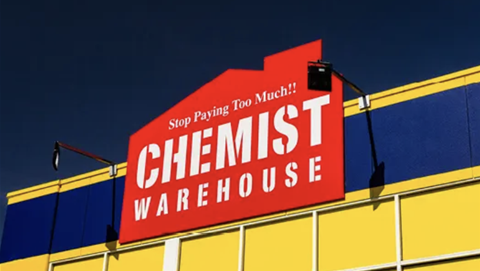The hardest part of ESG is the ‘S’, according to panellists at an impact investing event hosted by the Australia-Israel Chamber of Commerce (AICC).
Michael Traill AM, chair of the Social Impact Investment Taskforce, director of For Purpose Investment Partners and former executive director of Macquarie Bank said that in the world of impact investing where much good work has been done for the environment, the social element of ESG has been “missing in action”.
“Frankly, we've got our head up our backsides if we're not taking a 20 year view about what good looks like, and you can't do that unless you're explicit about ethical or climate change or social considerations,” said Traill.

Granular measurement around carbon emissions has directly impacted the success of the ‘E’ in ESG, he believes, where metrics are often unavailable when it comes to social impact.
“What I'm seeing at an investment committee level is that we can't look at a deal, particularly in the private capital space, unless there's really explicit analysis or an implied carbon price. And I think that is the big driver.”
The challenge for impact investing lies in quantifying the impact, according to Megan Flynn, partner at Pollination, and the struggle is most prominent outside of carbon measurement she said.
“This is one of the fundamental issues with this sector and attracting institutional capital to this sector is how you measure for impact, how you can create a value on that measurement that can be aggregated in a way that institutional investors are practised in applying,” said Flynn.
“How the hell do you value the biodiversity value of one species over another in one region, let alone in two different corners of the world? And it's something that translates to the social capital challenge.”
While there is no clear social impact measurement standardisation in Australia, Traill asserts that this should not become a roadblock.
“In the corporate world, it's really easy, return on shareholders, funds, EBITDA margins, it's kind of two dimensional. This is really three dimensional,” said Traill.
“And the headline for me is that, yeah, I think it's important that we develop high quality standards. While first prize might be some unity around that, there's a big part of me that says we shouldn't let the perfect get in the road of the good.”
According to Giles Gunesekera, founder and CEO of Global Impact Initiative, having an ESG policy when pitching for institutional capital in Europe is no longer interesting to investors, and has become a fundamental.
“They don't even talk about ESG anymore at the institutional level, because it's done. If you're a fund manager, and you're pitching for business with an institutional or with a pension fund, if you don't have an ESG policy, you don't even get through the first phase,” said Gunesekera.
Panellist Danny Gilbert AM, managing partner at Gilbert + Tobin, said that impact investing is still a cottage industry in Australia.
“We do not have an abundance of expert advisors, we do not have the necessary number of expert intermediaries pulling it all, we don't have enough talent coming into the space. We don't have enough social entrepreneurs, who can see that there is a future for them as entrepreneurs in this space. So, it has to be all brought together much better than it is,” said Gilbert.
“We have to build a much larger ecosystem of knowledge and activity in this space so that the impact market has the size and the capabilities and the expertise and the promise of interesting futures and careers for people to really kind of make something of substance.”



.png&h=140&w=231&c=1&s=0)
_(20).jpg&h=140&w=231&c=1&s=0)




_(26).jpg&w=100&c=1&s=0)

 iTnews Executive Retreat - Security Leaders Edition
iTnews Executive Retreat - Security Leaders Edition












_(1).jpg&h=140&w=231&c=1&s=0)



